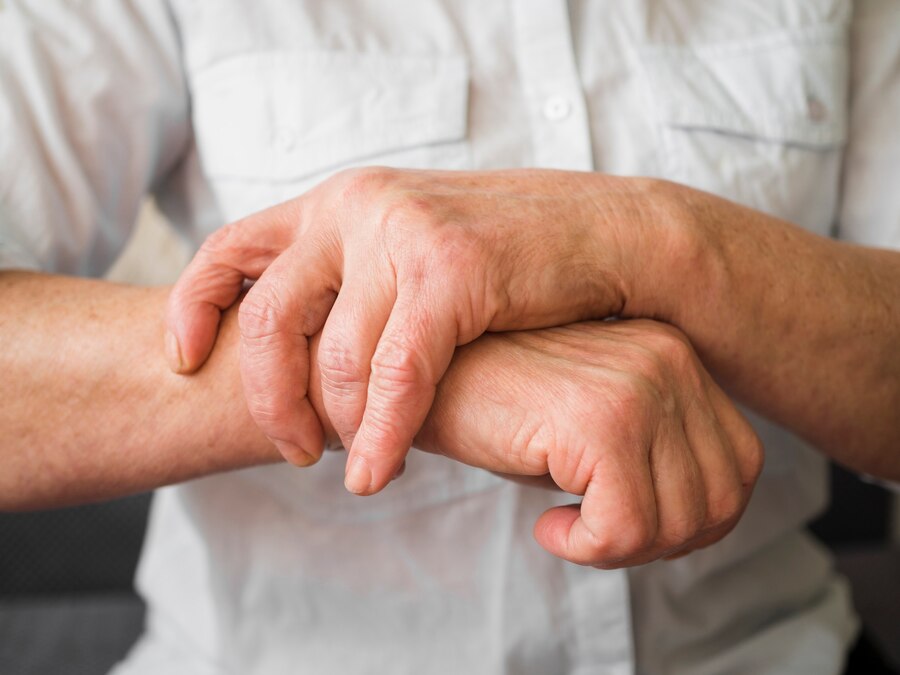After an accident, you might think you're fine, but it's essential to seek care right away. Hidden injuries can lurk beneath the surface, and without a professional evaluation, you risk exacerbating them. Additionally, having a thorough record of your injuries is important for managing insurance claims and potential legal issues. Finally, addressing both your physical and mental health can greatly enhance your recovery journey. But what happens if you ignore these aspects? Let's explore these key reasons further.
Identification of Hidden Injuries
After an accident, it's easy to focus on visible injuries like cuts and bruises, but hidden injuries can be lurking beneath the surface. These injuries, such as concussions, internal bleeding, or soft tissue damage, often don't show immediate symptoms. You might feel fine at first, but that doesn't mean everything's okay. Ignoring these hidden injuries can lead to serious complications later on.
You mightn't notice signs of a concussion right away; headaches, dizziness, or confusion can develop hours or even days post-accident. Similarly, internal bleeding mightn't become apparent until it's too late. If you've experienced any trauma, it's essential to seek medical evaluation, even if you think you're unscathed. Medical professionals can perform necessary tests to identify issues you can't see or feel.
Soft tissue injuries, like sprains and strains, can also be deceptive. You might think you've just got a minor ache, but these injuries can escalate if left untreated. By consulting a healthcare provider, you guarantee any underlying damage is recognized and addressed promptly.
Recognizing the potential for hidden injuries is critical. Your health and safety should be your top priority. Don't wait for symptoms to worsen; take action and get checked out. By doing so, you're not only protecting yourself but also paving the way for a smoother recovery.
Documentation for Insurance Claims
When you're involved in an accident, documenting every detail is fundamental for your insurance claim. This documentation serves as the backbone of your case and can greatly influence the outcome.
Start by gathering all relevant information right at the scene. Take photos of the accident scene, vehicle damage, and any visible injuries. Be certain to capture license plates, street signs, and any other pertinent details.
Next, exchange contact and insurance information with the other party involved. Don't forget to obtain information from witnesses, as their accounts can bolster your claim.
After the accident, seek medical attention, even if you feel fine. A medical report will provide essential documentation of your injuries and treatment, which is imperative for your insurance claim.
Keep a detailed record of all medical visits, treatments, and any expenses related to your recovery. This includes bills, receipts, and notes about your symptoms and limitations. Each piece of documentation adds weight to your claim.
Additionally, stay organized by maintaining a file that includes your accident report, police reports, and any correspondence with your insurance company. This will help you stay on top of deadlines and required paperwork.
Finally, don't hesitate to consult with an attorney specializing in personal injury claims. They can guide you through the documentation process and guarantee you meet all requirements for a successful claim.
Peace of Mind and Recovery
Seeking medical care after an accident not only addresses your physical health but also provides peace of mind. When you've been through a traumatic experience, it's common to feel anxious or uncertain about your recovery. By consulting a healthcare professional, you can alleviate those worries and focus on healing.
Understanding your condition can greatly reduce your stress levels, allowing you to regain control over your life.
Imagine waking up each day with clarity, knowing you're taking proactive steps toward recovery. You can envision:
- A detailed plan outlining your treatment and recovery process.
- The reassurance of having a qualified expert assess your injuries.
- The comfort of knowing you're not alone; support is available.
- The peace that comes from receiving appropriate follow-up care.
- The confidence that you're investing in your long-term health.
These elements contribute to a holistic sense of well-being, helping you navigate the emotional aftermath of an accident.
When you prioritize your health, you're not just addressing physical injuries; you're also nurturing your mental and emotional state. This can lead to a quicker recovery and a smoother shift back to your daily routine.
Don't underestimate the importance of seeking medical care. It's about more than just getting checked out; it's about ensuring you're on the right path to recovery while feeling secure and supported throughout the process.
Take that step for your health and peace of mind.
Conclusion
To sum up, seeking care after an accident is essential for your health and recovery. By identifying hidden injuries, you can prevent further complications down the road. Proper documentation is key for insurance claims, ensuring you get the support you need. Plus, addressing both your physical and mental well-being helps you find peace of mind during the healing process. Don't wait—getting checked out right away can make all the difference for your future.



